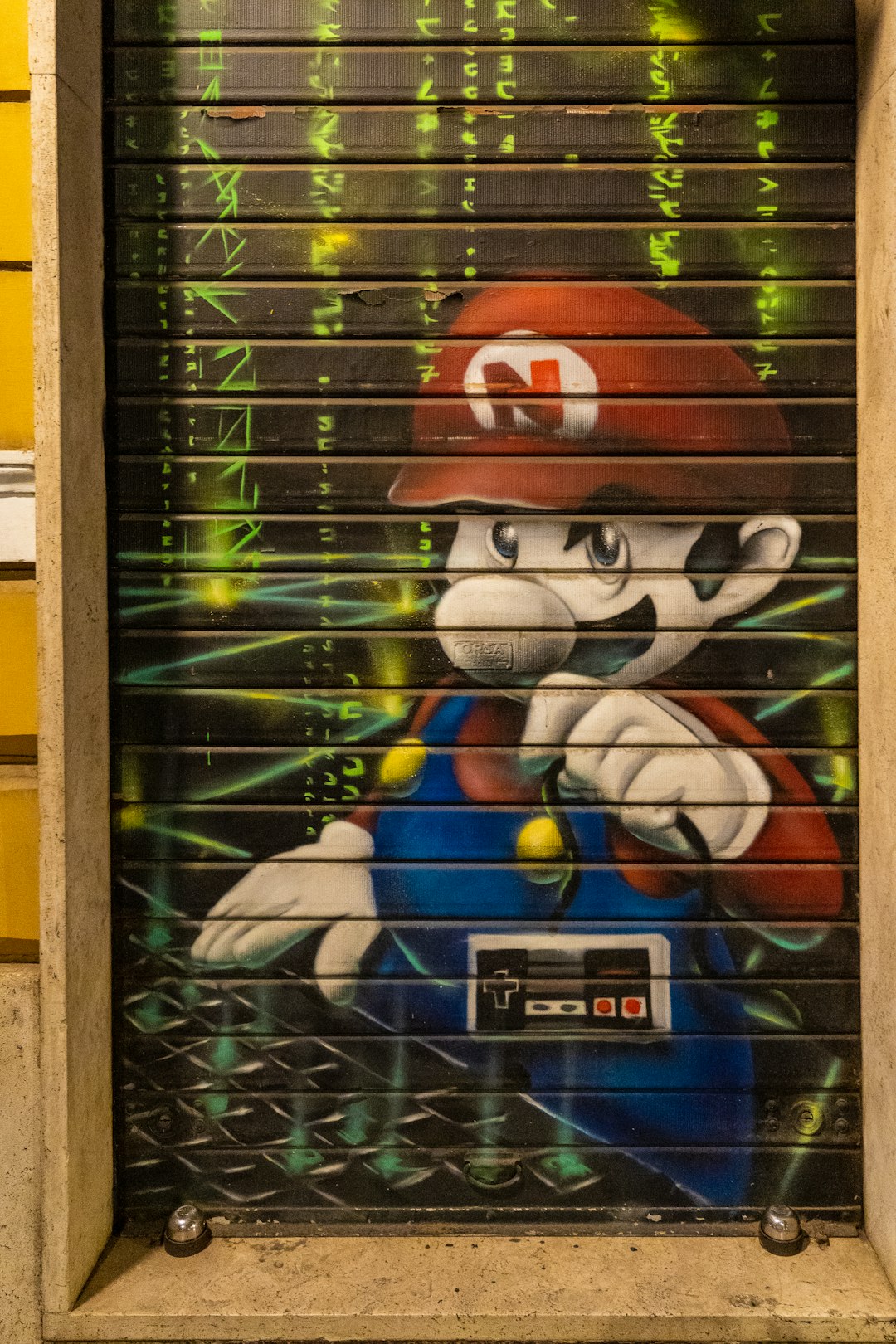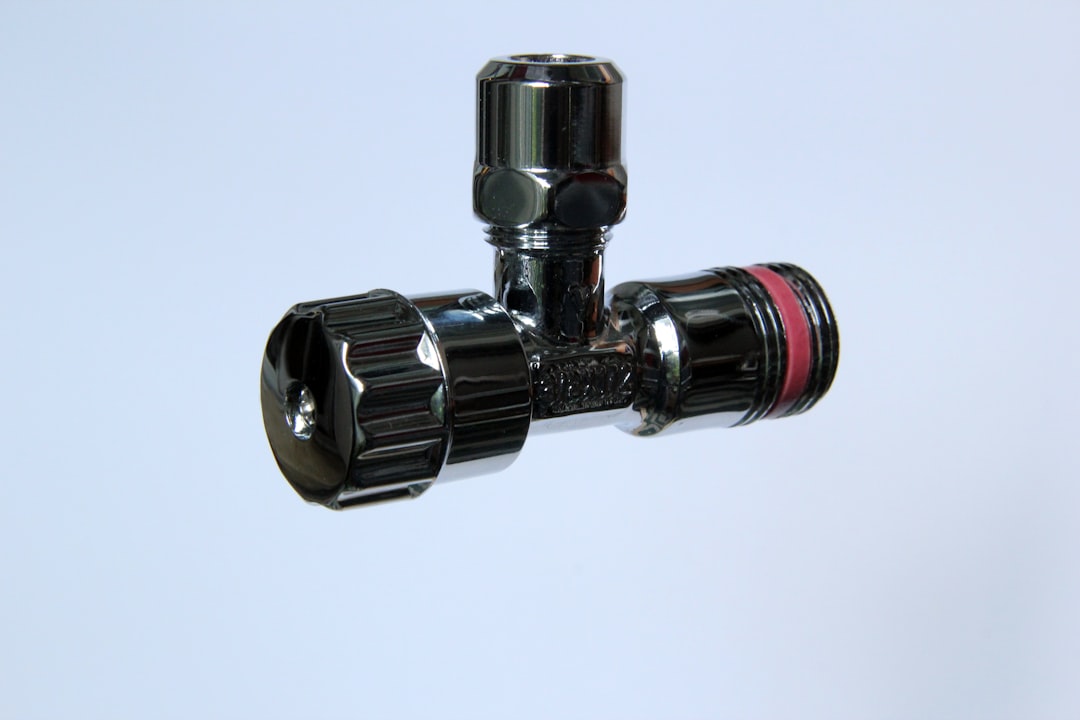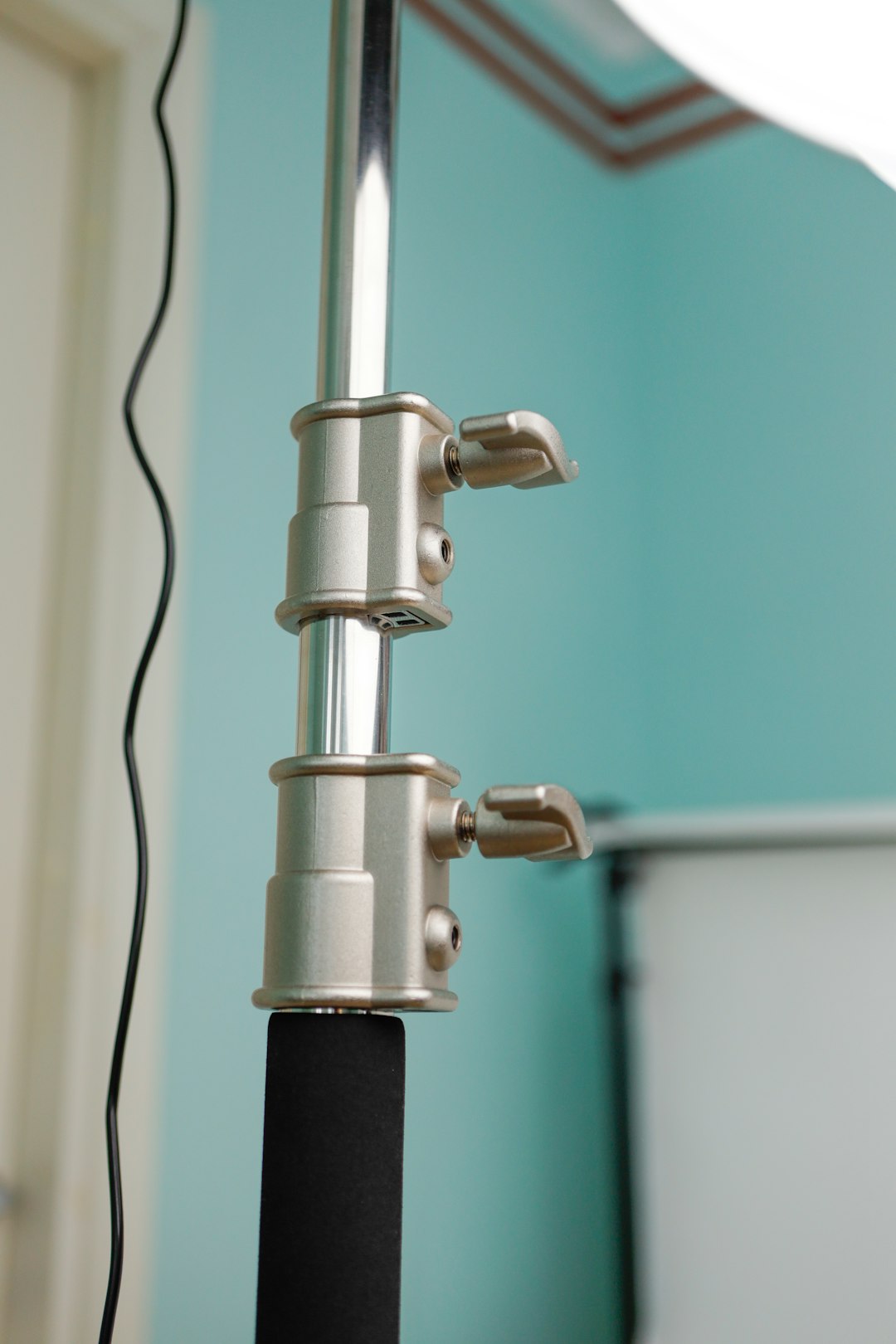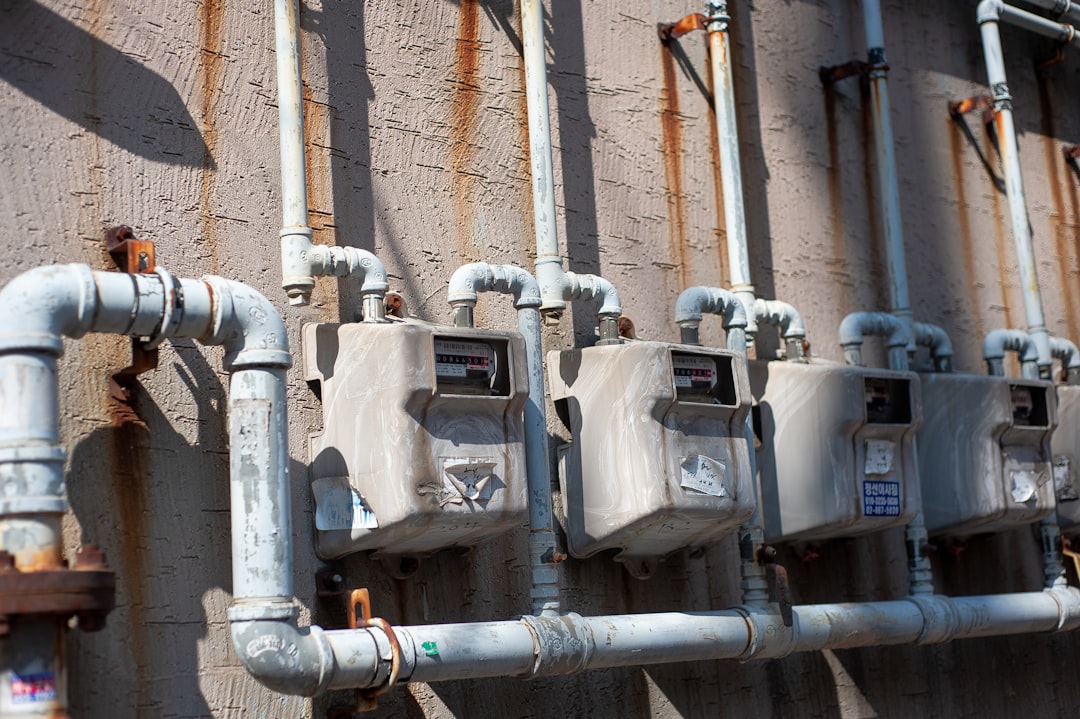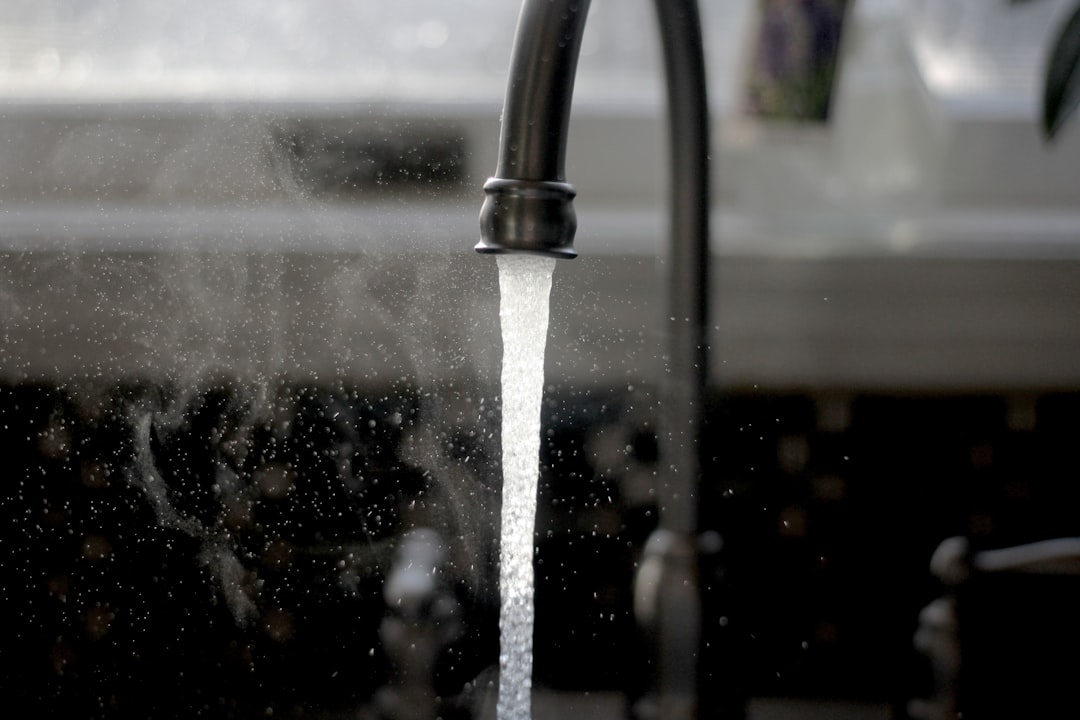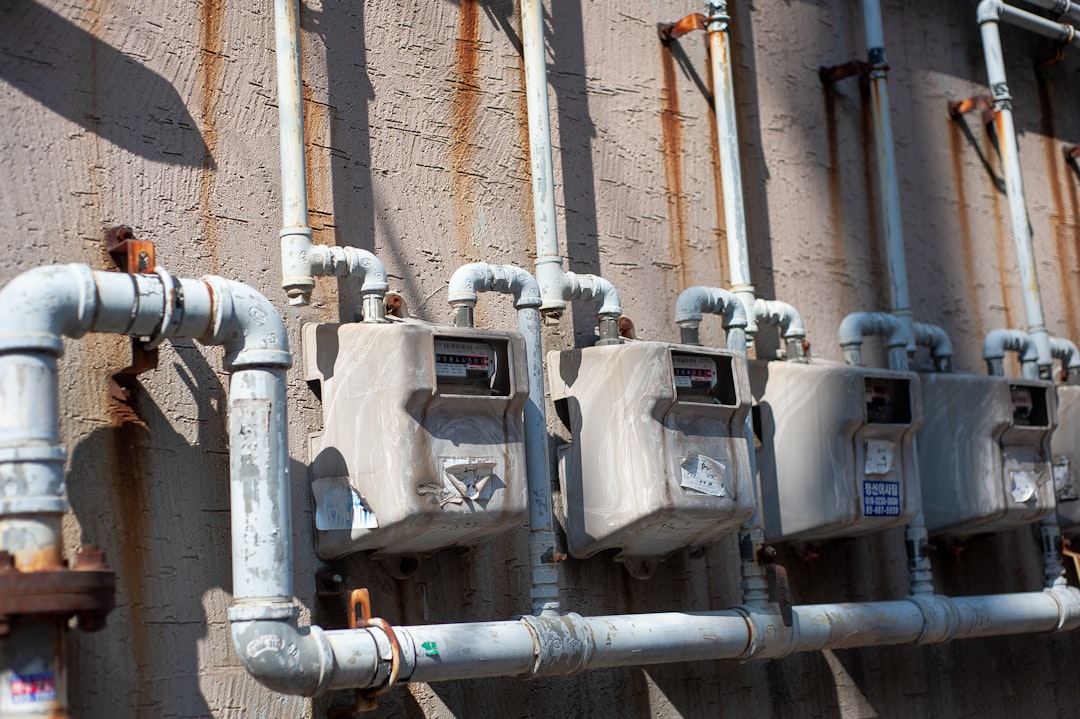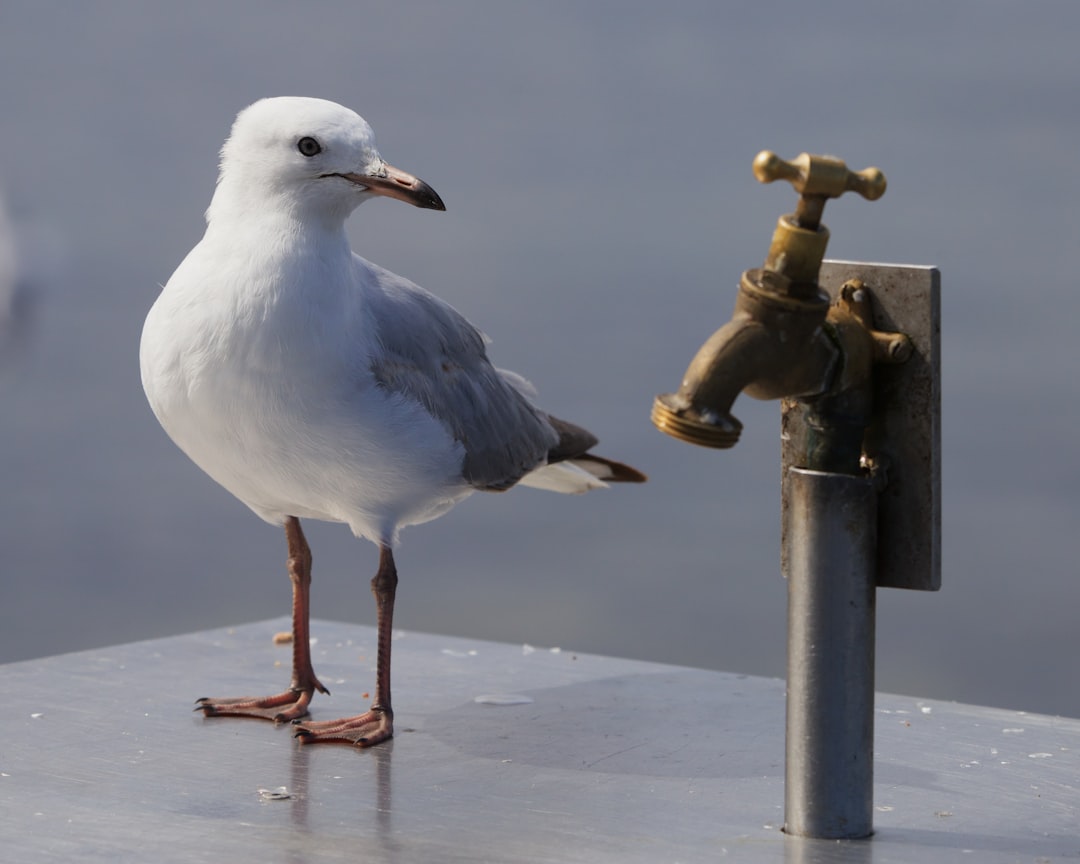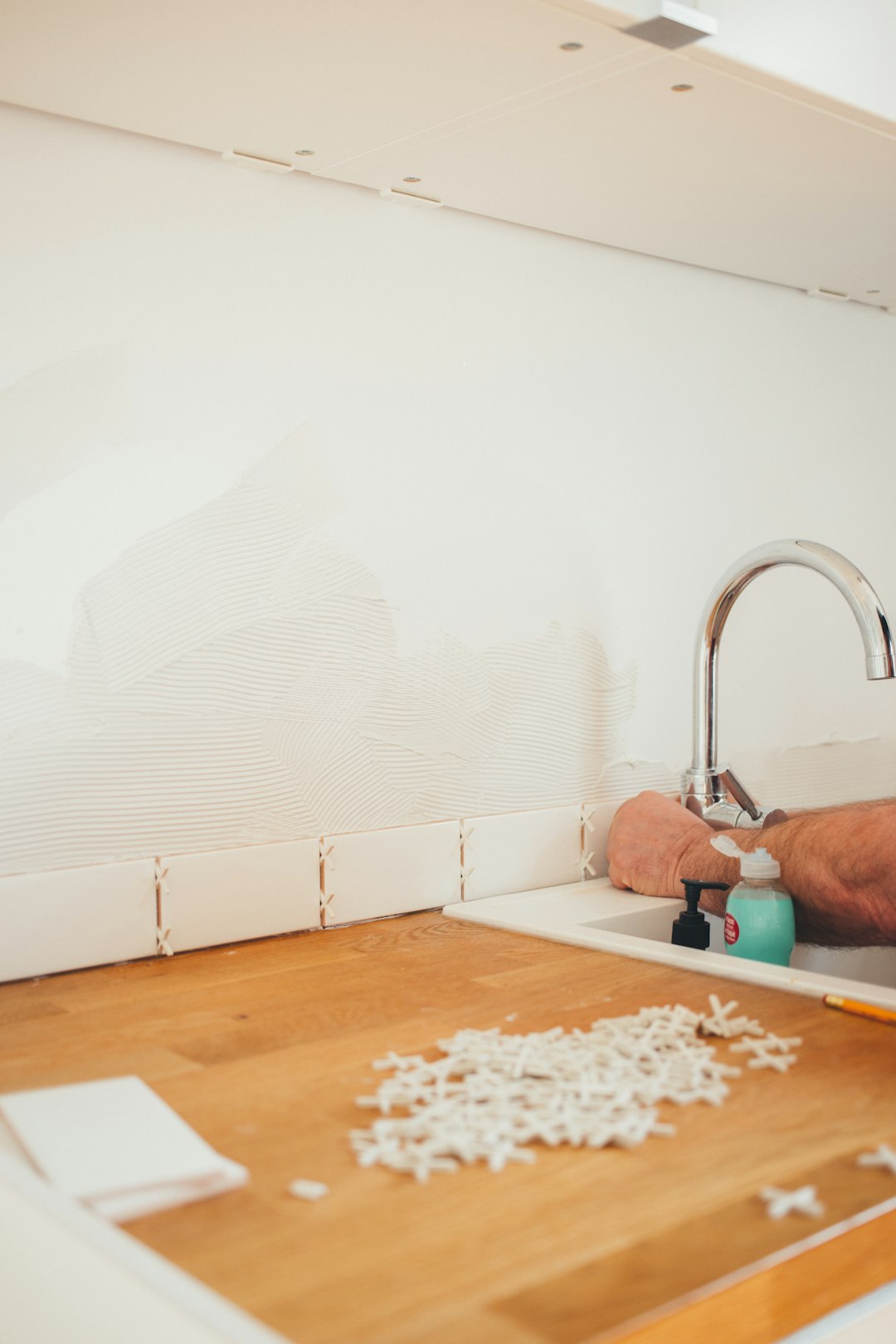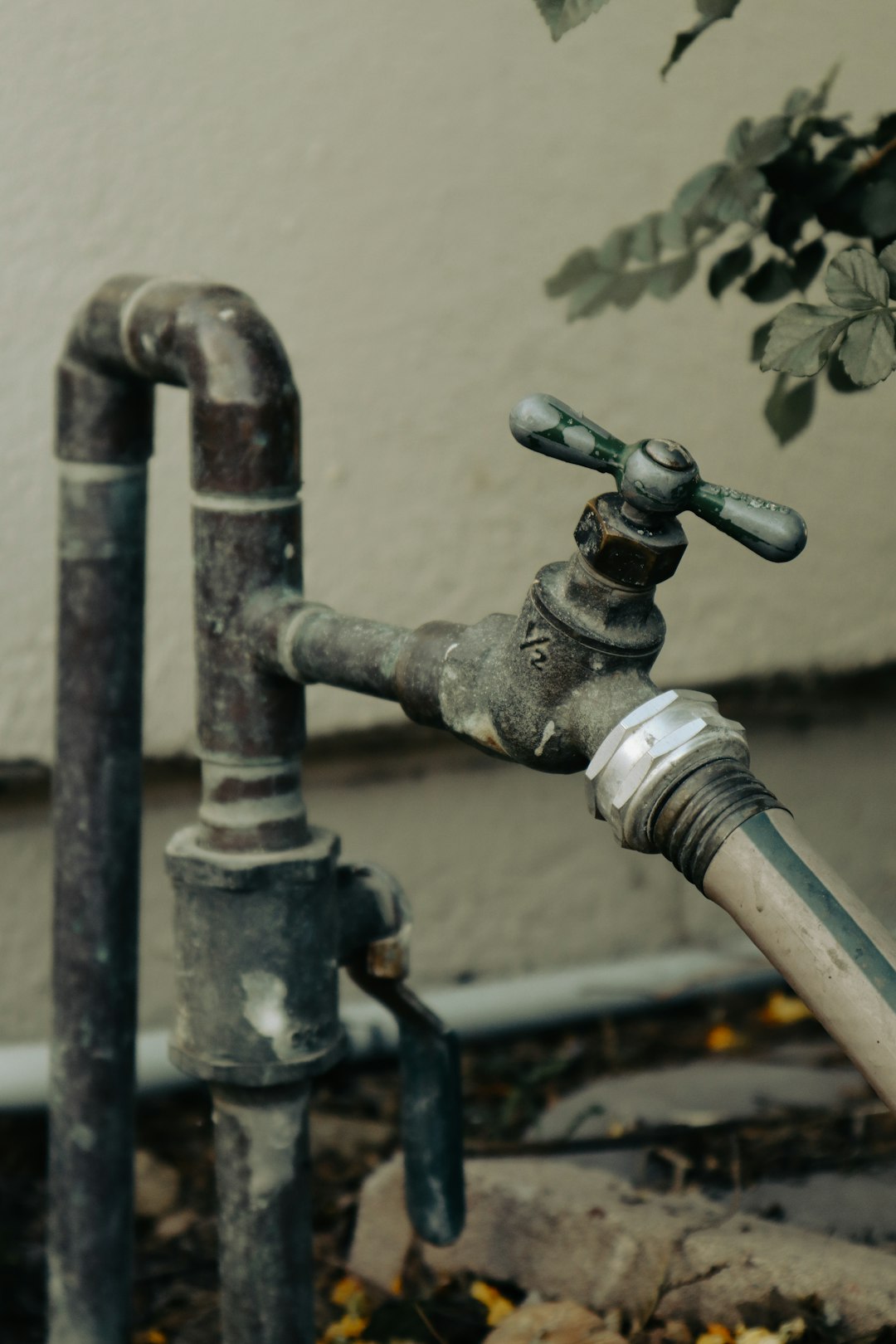Table of Contents
- Introduction
- Identifying the location of the frozen pipe
- Assessing the damage and potential risks
- Applying heat to thaw the frozen section
- Using plumbing leak detection techniques
- Ensuring adequate insulation after repairs
- Conducting a plumbing system inspection
- Implementing backflow prevention measures
- Providing maintenance tips to prevent future issues
- Conclusion
- Frequently Asked Questions
Introduction
As winter’s chill envelops our homes, the threat of frozen pipes looms large, sparking panic in homeowners everywhere. Nothing can turn a cozy night by the fireplace into a plumbing disaster quite like the sudden realization that water isn’t flowing. Frozen pipes not only disrupt daily life but often lead to expensive and time-consuming repairs.
So, what can be done? Enter the skilled plumbers, armed with knowledge and tools designed to thaw out even the most stubborn ice blocks in your plumbing. These professionals don’t just bring pipes back to life; they restore peace of mind.
In this article, we delve into the world of these plumbing experts, exploring the techniques they employ to remedy frozen pipes and the preventive measures that can be taken to avoid this chilling problem in the first place. Join us as we follow their journey, revealing tips and insights that could save you from a frozen fiasco this winter.
Identifying the location of the frozen pipe
Identifying the location of a frozen pipe is the first crucial step in addressing the issue. Homeowners should start by checking areas that are particularly susceptible to freezing, such as basements, attics, and exterior walls.
One effective method is to feel the pipes with your hands; frozen sections will be noticeably colder than the rest of the piping.
Additionally, look for any visible frost or ice buildup on the surface of the pipes.
Some signs of a frozen pipe may include unusual sounds when water is turned on or the complete lack of water flow from a faucet.
It is important to pay attention to which fixtures are affected, as multiple toilets or sinks can indicate a common pipe issue.
If only one fixture is running slowly or not at all, the frozen section may be localized to that particular line.
Understanding the layout of your home’s plumbing system can also aid in identifying problem areas more efficiently.
Assessing the damage and potential risks
When dealing with a frozen pipe, the first step is assessing the damage and potential risks involved. It is crucial to identify the location of the freeze and the extent of the blockage. This may require checking exposed pipes in basements, attics, or crawl spaces where temperatures can drop significantly. Once the frozen section is located, a plumber will evaluate the pipe’s condition for any existing cracks or leaks that may have occurred due to stress from the ice.
Additionally, they will consider the risks associated with thawing the pipe, as rapid temperature changes can lead to bursting. It is also important to inspect the surrounding areas for signs of water damage or mold, especially if the pipe has thawed and begun leaking before repairs were initiated. This assessment guides the plumber in determining the safest and most effective approach to fix the frozen pipe and prevent further issues down the line. Taking these steps ensures that the problem is addressed comprehensively and minimizes the likelihood of future plumbing emergencies.
Applying heat to thaw the frozen section
Applying heat to thaw a frozen pipe is a commonly employed method by plumbers. The first step is to locate the frozen section of the pipe, which is often indicated by a decrease in water flow or visible frost on the exterior. Once identified, it’s essential to apply heat gradually to avoid damaging the pipe. Plumbers typically use a variety of tools for this purpose, including hair dryers, heating pads, or heat tape specifically designed for thawing pipes.
It’s important to start heating the pipe closest to the faucet and work your way back toward the frozen section. This ensures that as the ice melts, water can flow freely out of the faucet, reducing pressure buildup within the pipe. Direct flame methods, such as using a blowtorch, should be avoided as they can cause the pipe to burst or become damaged. Additionally, keeping the faucet open during the heating process can aid in melting the ice and allow water to flow as it thaws. Proper safety precautions should always be taken to prevent accidents while applying heat.
Using plumbing leak detection techniques
Plumbers utilize various plumbing leak detection techniques to identify and address issues with frozen pipes effectively. One common method involves the use of infrared thermography, which detects temperature variations in the walls and floors, indicating where pipes may be frozen. This non-invasive technique allows plumbers to pinpoint problem areas without damaging the property.
Another technique is the acoustic leak detection method, where plumbers listen for the sounds of water leaking or flowing through pipes, helping them to localize the problem area.
Additionally, pressure testing can be conducted to determine the integrity of the plumbing system. By measuring the pressure in the pipes, plumbers can identify leaks caused by frozen sections that have started to crack.
Combining these techniques enhances the accuracy of leak detection, ensuring that plumbers can quickly address the issue. Using these advanced methods not only saves time but also minimizes the potential for extensive water damage, ultimately providing homeowners with a reliable solution to their plumbing problems.
Ensuring adequate insulation after repairs
After successfully repairing a frozen pipe, it is essential to ensure adequate insulation to prevent future occurrences. Insulation plays a critical role in protecting pipes from extreme temperature fluctuations, particularly in unheated areas such as attics, basements, and crawl spaces.
One effective method is to wrap pipes with insulated foam sleeves, which are readily available at hardware stores. These sleeves can be cut to fit any length of pipe and provide a barrier against cold air.
Additionally, homeowners should check for any gaps or cracks in walls, windows, and doors that may let in cold air. Seal these areas with caulk or weather stripping to minimize the risk of freezing temperatures reaching the pipes.
Regular maintenance is also useful; checking insulation around pipes once a year can identify areas that need attention.
By investing time and resources into proper insulation, homeowners can protect their plumbing system, ensuring it remains functional even during the coldest months.
Conducting a plumbing system inspection
Conducting a plumbing system inspection is a critical step in identifying issues that could lead to more severe problems, such as frozen pipes. The process begins by visually inspecting all visible pipes for signs of wear, corrosion, or leaks. Homeowners should check areas around faucets, under sinks, and along exterior walls where pipes may be at risk of freezing during colder months.
Next, it’s important to evaluate the water pressure and flow. Low water pressure can indicate blockages or leaks in the system, while inconsistent flow may be a sign of a more significant plumbing issue.
Additionally, it’s essential to examine insulation around pipes, especially in vulnerable areas like basements and attics. Proper insulation helps prevent freezing in cold weather conditions. Finally, ensuring that drains and vents are clear can prevent backups and maintain proper drainage. Regular inspections can help homeowners catch minor issues before they escalate, ensuring a more efficient and reliable plumbing system.
Implementing backflow prevention measures
Implementing backflow prevention measures is crucial in maintaining safe drinking water and protecting plumbing systems. Backflow occurs when water flows in the reverse direction, which can lead to contamination of clean water supplies. To prevent this, plumbing systems can be equipped with various backflow prevention devices, such as check valves, air gaps, and backflow preventers. Each of these devices works to ensure that water flows only in the intended direction, effectively blocking any contaminants from entering clean water lines.
Regular inspection and maintenance of these devices are essential to ensure their functionality and effectiveness. Homeowners and businesses should also be aware of local regulations regarding backflow prevention, as many municipalities require specific measures to be in place. By investing in proper backflow prevention techniques, property owners not only comply with regulations but also safeguard the health of their families and communities. Educating all stakeholders about the importance of backflow prevention measures can help foster a proactive approach to maintaining water quality and plumbing integrity.
Providing maintenance tips to prevent future issues
To prevent future issues with frozen pipes, regular maintenance is essential. One effective tip is to insulate vulnerable pipes, especially those located in unheated areas like basements, attics, or crawl spaces. Foam pipe insulation is an economical option that can significantly reduce the risk of freezing.
Additionally, keep the thermostat set to a consistent temperature during cold spells, even if you are away from home. This helps maintain warmth in the areas where pipes are located.
Another proactive measure is to let faucets drip slightly during extreme cold weather. The continuous flow of water can prevent pressure build-up within the pipes, thus reducing the chance of freezing.
Ensure that all windows and doors are properly sealed to minimize drafts that can lower indoor temperatures and affect nearby pipes.
Lastly, if you plan to travel during winter, consider shutting off the water supply to certain areas and draining the pipes to eliminate any standing water that could freeze. Taking these preventive steps can save time, money, and headaches in the long run.
Conclusion
In conclusion, addressing the challenges of frozen pipes requires prompt action and proper techniques. Homeowners can effectively prevent and manage these plumbing issues by identifying the frozen section, assessing damage, and applying appropriate thawing methods. Moreover, ensuring ongoing maintenance and insulation will significantly reduce the risk of experiencing frozen pipes in the future. For those facing these complications, it’s essential to remember that professional plumbers are skilled in navigating these situations safely and efficiently. Don’t hesitate to reach out for help; if you suspect a frozen pipe or need assistance with plumbing maintenance, call 573-555-2121 today for expert service and peace of mind. Your plumbing problems don’t have to snowball into a bigger crisis—act now to protect your home!
